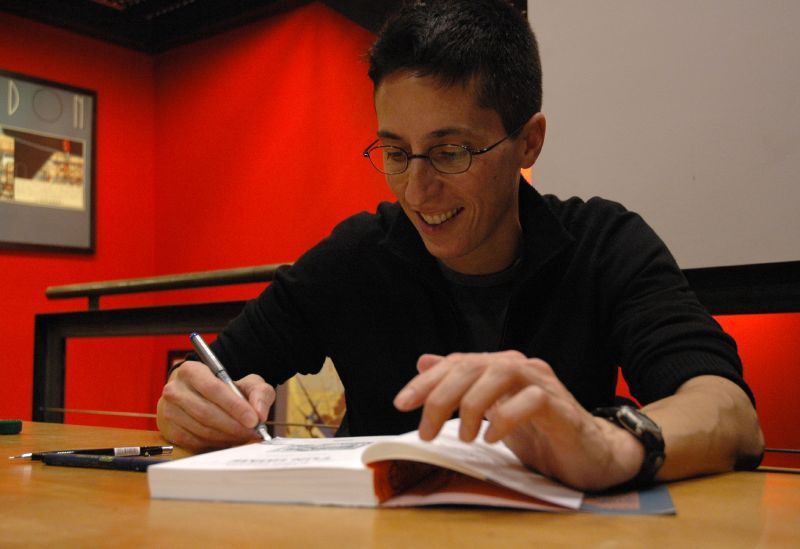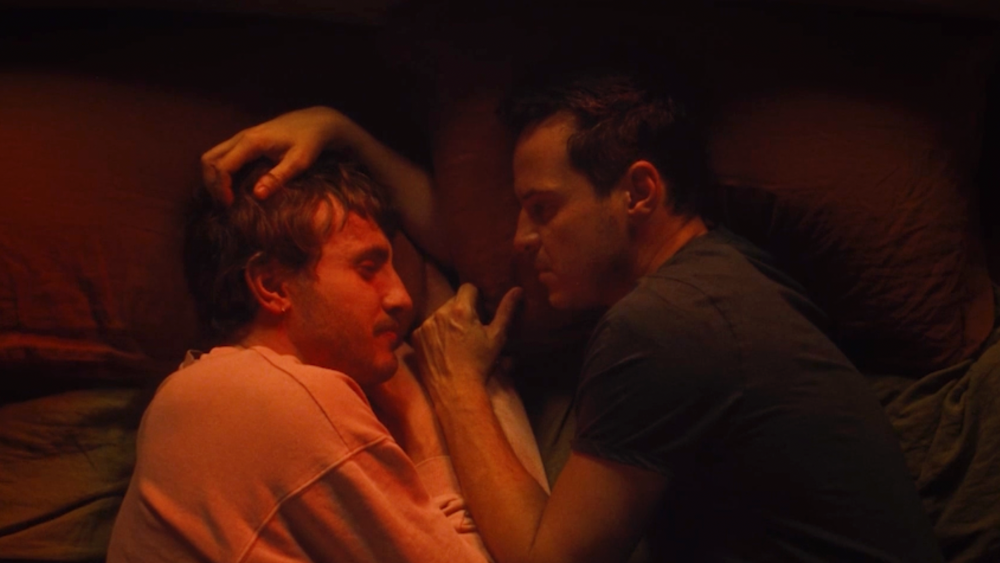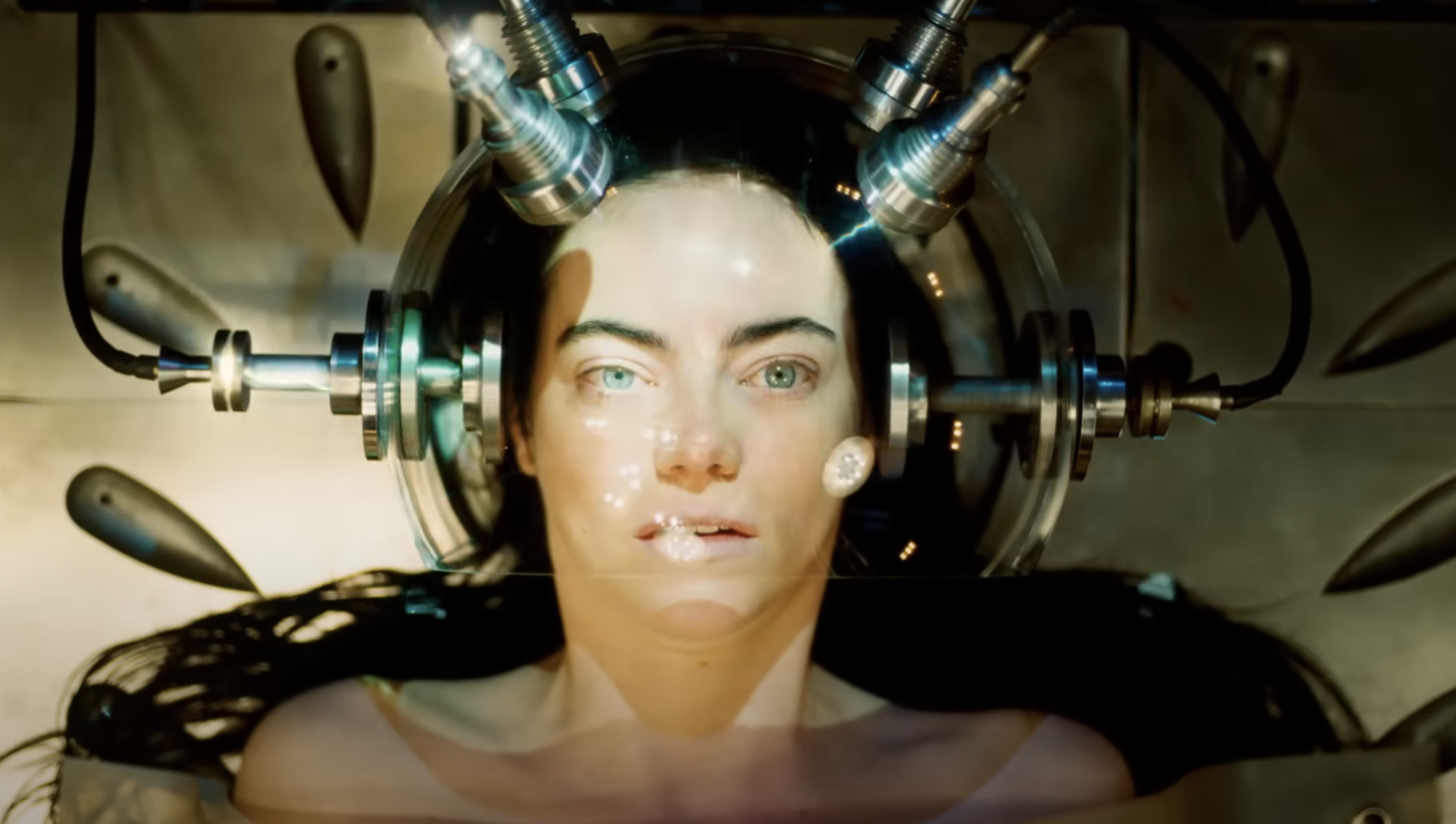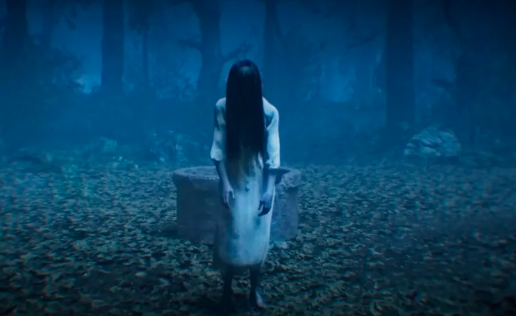Books & Culture
Noah Baumbach’s Mistress America Offers a Portrait of the Artist as a Young Lady

Mistress America, a new film directed by Noah Baumbach and co-written with Greta Gerwig, is an absolutely delightful, engaging, and thoughtful movie bursting with hilarious one-liners. Tracy (Lola Kirke) arrives at Barnard College with the dream of joining the school’s exclusive literary society, Mobius. Inductees are selected by the tweed-wearing literati who share the good news by waking new members in the middle of the night with a pie in the face. Though the pie trick is more 8th-grade-birthday-party than Paris Review, the skewering of her school’s literary culture is at once easy and satisfying. (When Tracy drops off her application at the Mobius office, one scowling member is seen playing jacks, and later, whittling a stick.)
The film is truly set into motion when Tracy meets Brooke (Greta Gerwig), her future sister-in-law, pending Tracy’s mother and Brooke’s father’s Thanksgiving nuptials. Brooke, who is more than a decade older than Tracy, welcomes her into her life with wildly gesticulating arms, taking her to dinner at Veselka, to a concert, an after party, and finally back to her apartment for a sister-sleep-over. From there, she treats Tracy as part assistant, part protégé, allowing her to tag along to “business meetings” (she is planning to open a restaurant), tutoring gigs, and hair appointments. Brooke is self-absorbed but also fascinating and charismatic. Her projects are numerous and half-baked (she freelances as an interior designer, teaches spinning, and says things like, “If you don’t know what you’re selling no one will know how to buy it.”) She carpet bombs ambition — for every idea she is equally enthusiastic and positive: “I would love to get into the app business,” she announces mid-conversation, apropos of nothing. Characteristically, she encourages Tracy to re-apply to Mobius after she was rejected. Invigorated, Tracy dives into a new short story about Meadow, Brooke’s thinly disguised fictional counterpart.
The earnestness of Tracy’s ambitions are touching — she wants to be a writer in that good-hearted, open way that is only found in people who have not yet begun actually trying to publish. While Brooke chats about her tweets as they pertain to her personal brand, Tracy is notably without a smartphone, or, seemingly, a social media account. Brooke is a 30 year-old of 2015 (conceived, no doubt, by Greta Gerwig), but Tracy is more like an 18 year-old of the 80s — a compassionate, honest version of Walt, Noah Baumbach’s alter ego from The Squid and The Whale, played by Jesse Eisenberg. (The soundtrack is also decidedly 80s.) Perhaps this is why I found myself identifying more with Tracy, though my age is the same as Brooke’s: besides the obvious writerly connection, she is timeless, delightfully uninterested in Snapchat and the like. (Justin Taylor’s recent story in The New Yorker, “So You’re Just What, Gone,” is a successful counterpoint example — it dives deep into the mind of a contemporary teenager, smartphone included.)
Of course Tracy is not only young but also female, a fact that seems to have little bearing on her identity as writer. Tracy writes about Brooke the way many talented 18 year-olds write, well, but mostly imitating the (male) writers she’s read in high school: Salinger and Fitzgerald, maybe Cheever if she’s precocious. Her observations quickly veer from wistfully affectionate to maudlin. Consider these lines, offered in voice over:
She lived exactly how a young woman should live, who wants to spend her youth well. She did everything, and nothing. Being around her was like being in New York City… Being around Brooke made you want to find life, not hide from it. She sang with the band and knew everyone and didn’t owe anyone anything, and couldn’t pay up, even if she did. She lived life the way I always intend to: purposefully.
And later, when it becomes clear Brooke’s restaurant endeavor will fail: “She carried around her youth like a carcass, and I, some how, had become the pallbearer.”
Compare this, if you will, to Nick Carraway’s description of Jay Gatsby in the first chapter of The Great Gatsby:
Gatsby, who represented everything for which I have an unaffected scorn. If personality is an unbroken series of successful gestures, then there was something gorgeous about him, some heightened sensitivity to the promises of life, as if he were related to one of those intricate machines that register earthquakes ten thousand miles away. This responsiveness had nothing to do with that flabby impressionability which is dignified under the name of the “creative temperament.” — it was an extraordinary gift for hope, a romantic readiness such as I have never found in any other person and which it is not likely I shall ever find again. No — Gatsby turned out all right at the end; it is what preyed on Gatsby, what foul dust floated in the wake of his dreams that temporarily closed out my interest in the abortive sorrows and short-winded elations of men.
Do you recognize, in Tracy’s lesser efforts, traces of Fitzgerald’s starry-eyed aggrandizing? Or Carraway’s submerging of himself in favor of telling the story of a more dazzling personality? There’s something gorgeous about Brooke too, she has Gatsby’s “extraordinary gift for hope,” and what preyed on Gatsby preys on her as well. (Hint: it’s America.)
But Tracy later faces what Nick never had to (and here we wade deeper into spoiler territory): the difficult confrontation that comes from her subject reading her work. Brooke is quite offended when she discovers the story — which is printed, improbably, on onion skin — and in a hilariously staged ensemble scene, bystander after bystander takes Brooke’s side. They accuse Tracy’s work of being anti-feminist (she portrays women as desperate), and derivative — accusations that I, upon reflection, would tend to agree with. But Tracy stands by her work, a decision that destroys her relationship with Brooke. The defense she gives is tenuous — what if Tennessee Williams couldn’t write about his friends? “I don’t care because I’m not friends with fucking Tennessee Williams!” — but her real defense, if she could have found the words for it, is strong. Her characterization of Brooke, though often critical, generalized, or exaggerated, has moments of touching clarity, and comes, ultimately, from a place of love. The act of love here is not flattery, but clear-eyed looking, seeing someone for who they are. Better, if you’re really good, than they can see themselves.
After her friendship with Brooke has crumbled, Tracy visits the bug-eyed, kindly psychic they had previously seen together. “Spirit says you’re not in your body,” he tells hers. If I am not in my body, where am I? Tracy wants to know. “Five feet to the left and unhappy,” says the psychic. It may be a new-agey punchline, but Tracy’s face twists painfully, because she knows it is true. And in the psychic’s answer may be the key to Tracy transforming from a young writer of promise to one of erudition: she needs to learn to inhabit herself and write from a place of familiarity, as well as curiosity.









